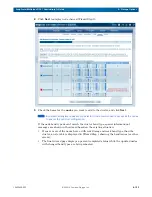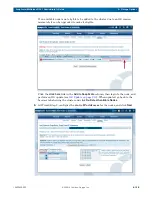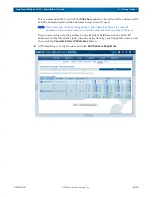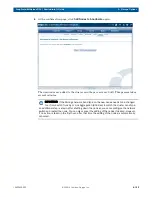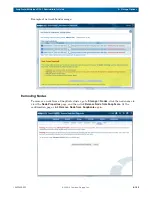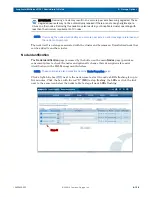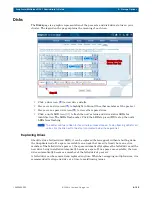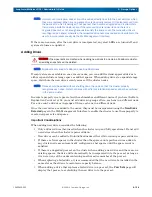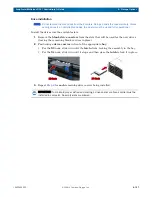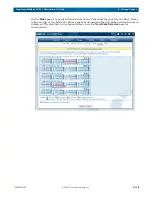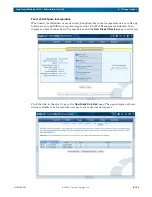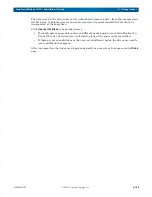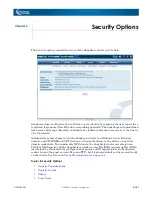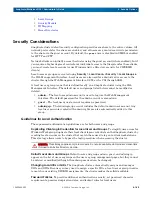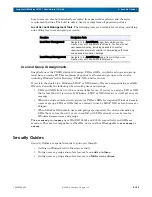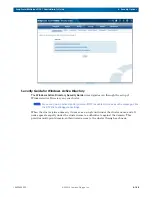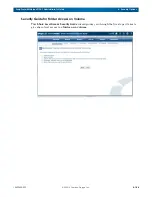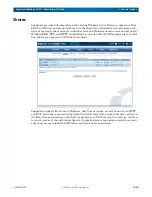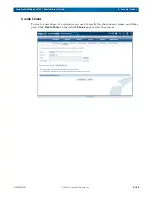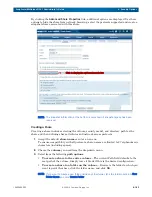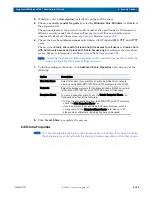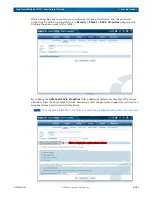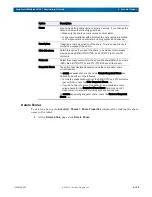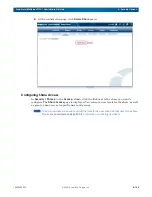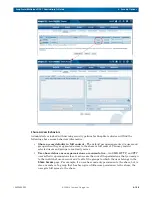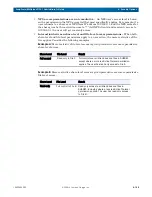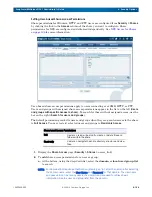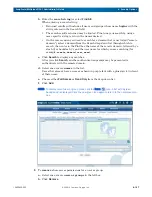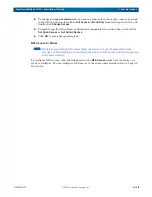
10400455-002
©2008-14 Overland Storage, Inc.
143
SnapScale/RAINcloudOS 4.1 Administrator’s Guide
6 - Security Options
Local users can also be individually exempted from password expiration and character
requirement policies. The built-in
admin
user is exempt from all password policies.
Local Account Management Tools.
The following tools are available for creating, modifying,
and editing local user and group accounts:
User and Group ID Assignments
SnapScale uses the POSIX standard to assign UIDs or GIDs, in which each user and group
must have a unique ID. This requirement applies to all users and groups on the cluster,
including Windows Active Directory, LDAP, NIS, and local users.
If you join the cluster to a Windows, LDAP, or NIS domain, IDs are assigned using available
IDs only. Consider the following when creating users and groups:
•
UIDs and GIDs from 0 to 100 are unavailable for use. If you try to assign a UID or GID
that is less than 101 (or in use by Windows, LDAP, or NIS domain), you will get an error
message.
•
When the cluster automatically generates UIDs or GIDs for imported Windows domain
users or groups, UIDs or GIDs that are already in use by LDAP, NIS, or local users are
skipped.
•
When LDAP or NIS domain users and groups are imported, the cluster discards any
UIDs that are less than 101 or are in conflict with UIDs already in use by local or
Windows domain users and groups.
The
nfsnobody
and
nobody
user IDs (UID 65534 and 65535, respectively) and GIDs are
reserved. They are not mappable to other IDs, nor is another ID mappable to
nfsnobody
or
nobody
.
Security Guides
Security Guides are special wizards to guide you through:
•
Setting up Windows Active Directory security.
•
Giving users or groups share-level access to an
entire volume
.
•
Giving users or groups share-level access to a
folder on a volume
.
Function
Navigation Path
Local User Management
Navigate to the Local Users page, from which you can
create, view, edit, and delete local users. You can also set
user password policy, including password character
requirements, maximum number of allowed logon failures,
and password expiration settings.
Local Group Management
Navigate to the Local Groups page, from which you can
create, view, edit, and delete local groups.

